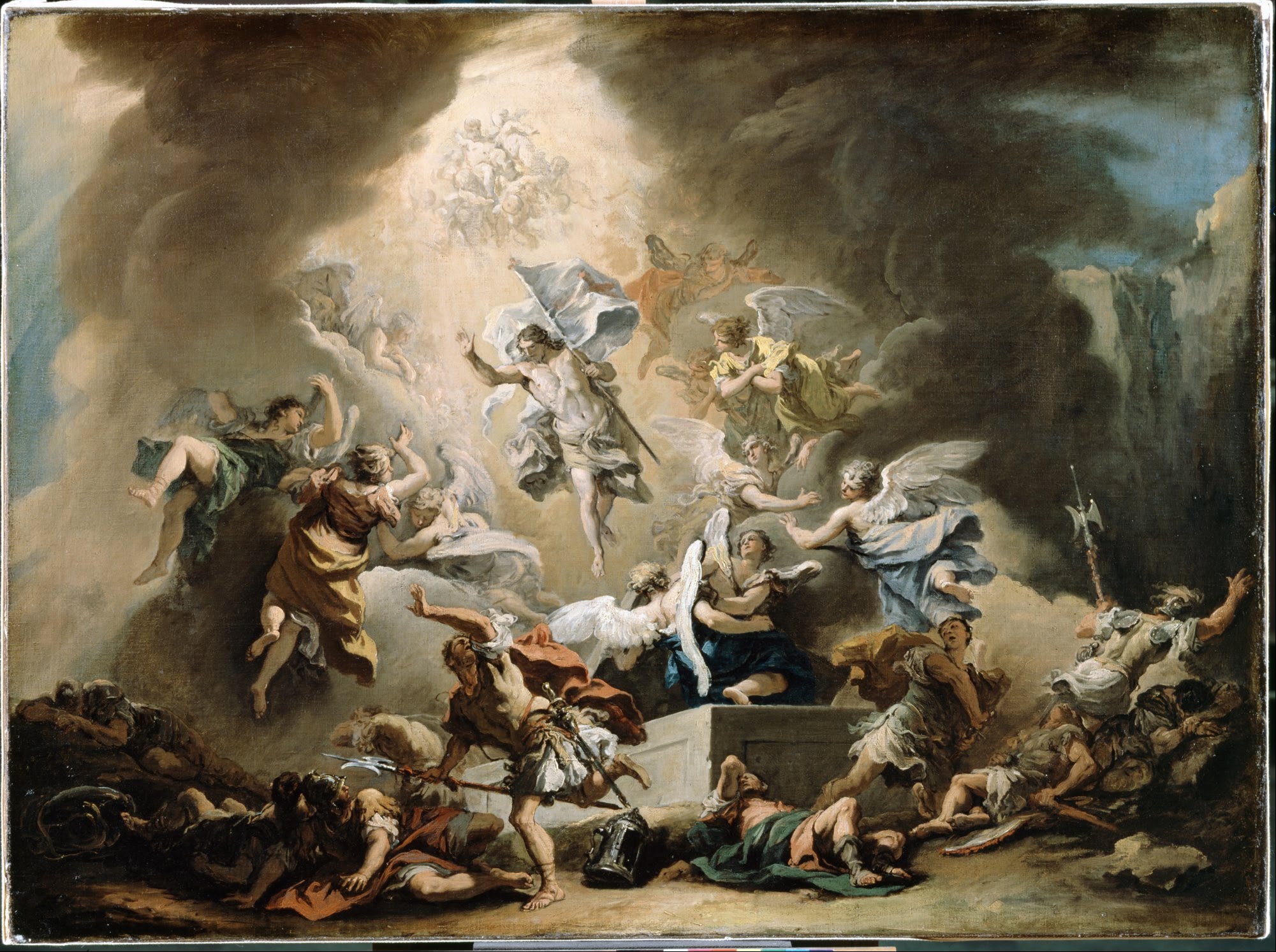Easter People on Mission: Week 5
Acts of the Apostles Scripture Challenge
Acts of the Apostles Scripture Challenge

Paul and his missionary team continue to proclaim the word of God throughout Macedonia and Greece despite persecution and a mixed reception from Jews and Gentiles. In Athens, Paul encounters new challenges because of the peoples’ widespread idolatry and different worldview. Paul uses a new approach to evangelize his pagan audience. He begins by focusing on the living God in terms familiar to them and praises them for their religiosity. However, when he speaks of Jesus, Paul encounters resistance from his Greek listeners who refuse to accept the notion of the resurrection. The Greeks believed in the immortality of the soul, but not the body.
After leaving Athens, Paul travels to Corinth. He labors as a tentmaker during the work week and preaches in the synagogue on the weekends. When Silas and Timothy arrive from Macedonia, their financial support enables him to dedicate all his time to preaching. As on previous occasions, some of the Jews contradict and insult Paul, so he turns his attention to the Gentiles. Paul remains in Corinth for 18 months and then travels to other communities to strengthen the disciples.
Upon his arrival in Ephesus, Paul discovers disciples who knew only the baptism of John. Paul proclaims Christ to them, and they receive baptism in the name of the Lord Jesus and the gift of the Holy Spirit. Paul stays in Ephesus for 2 years, preaching and performing extraordinary miracles. Divine power flows so powerfully through him that even his work clothes are used to drive away demons and diseases. Seeing Paul’s exorcisms, some Jewish exorcists try to imitate Paul’s methods, but their commands are not grounded in faith and they are overpowered by the evil spirits. The good news of the Gospel leads to a sharp decline in the sale of idol statues in Ephesus, prompting a riot and protests in the city.
Leaving Ephesus, Paul makes a final sweep through northern and southern Greece before setting out to Jerusalem. In Troas, Paul revives a young man who falls out of a third-story window. Aware of the difficulties at Ephesus and neighboring areas, Paul calls the presbyters (elders of the church) together at Miletus and delivers a farewell speech. He reminds them of his dedication to the Gospel, speaks of what he is about to suffer, and admonishes them to guard the community against false prophets.
What are some things we can learn from these passages?
Paul’s preaching in Athens is a good model for evangelization today. Paul does not wait for people to come to church as we may be inclined to do. Rather, he goes out in search of the lost and is not afraid or ashamed to bring his faith into the conversation. When he speaks, Paul finds something positive to say about the goodness of those to whom he is speaking, and he uses that as a starting point for sharing the Gospel. Paul continues to adjust his approach as he encounters diverse audiences in his missionary journeys. This is a good reminder to us to be sensitive to peoples’ backgrounds and circumstances when we share our faith. As Archbishop Vigneron says, when presenting the Gospel, “It must honestly engage the culture, looking for “seeds of the Word”—partial truths and inklings of the Gospel even where mixed with error and confusion.” (UTG, Marker 1.2)
In addition, we observe that Paul is perfectly suited for his mission. His training as a Pharisee equips him with full knowledge of the Jewish law and enables him to interact with the synagogue Jews showing that Jesus is in fact the long-awaited Messiah. His origins from Tarsus, heavily influenced by Greek culture and philosophy, enables him to debate with Gentile audiences.
As evidenced in Acts of the Apostles, an anointed proclamation of the Gospel is often accompanied by signs and wonders through various charisms. Charisms are spiritual gifts that equip Christians to be Christ’s witnesses in the world. This week ask the Lord to reveal to you the charisms that you received through your baptism and how he wants you to use them. Learn more about charisms.